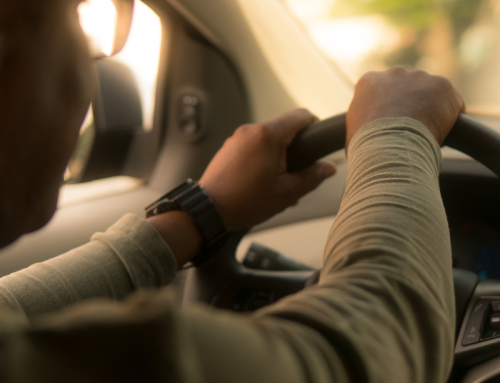Just recently on 13 July 2023, a new act was assented which now increases the penalty rates for the act of possessing, carrying and using a knife in public places or schools. These changes have been introduced with the Criminal Legislation Amendment (Knife Crimes) Act of 2023 (“Knife Crimes Amendment”).
Previously these knife crimes were summary offences meaning that they were dealt with by the local court system. Now these same offences are considered indictable offences to be dealt with by higher courts such as the District or Supreme Court. Along with this new classification, the penalties associated with these crimes are now set to increase to double their original rate.
To help you stay up to date with these changes we’ve compiled this article with all the information you need to know.
The Offences
The Knife Crimes amendment covers 3 knife related offences:
- Custody of knives in public places or schools;
- Use of knives in public places or schools, and;
- Carrying knives in public places or schools.
In order to establish whether you have committed an offence under this act it is important to first establish whether your conduct satisfies the elements of the act including the relevant setting and the implement in question.
What qualifies as a public place?
The knife Crimes act states that a public place will be regarded as a place or part of a premises which is:
- Open to the public, or
- Used by the public
This is the case whether or not payment is required for the use of the premises or, whether or not it is only of a limited class of persons.
What qualifies as a school?
A school under the Knife Crimes act relates to:
- A government school or registered non-government school;
- A school providing education, at a pre-school, infant school , primary or secondary level school;
- A place commonly used for the purposes of a child-minding centre or similar purposes, and;
- The land and building occupied by or in connection with the conduct of such a school as defined above;
What qualifies as a blade or knife?
Any mention of a blade within this legislation can be taken to mean a knife or razor blade while any mention of a knife within this legislation relates to a blade, but does not include a knife of a class prescribed by the regulations.
Custody of Knives
While in a public place or school you cannot have custody of a knife. This means you cannot carry it on your person, or amongst your belongings – including your vehicle. All of these acts could amount to having custody of a knife.
The penalty for such an offence is a $4,400 fine or 4 year imprisonment. In the worst circumstances, parties could see themselves face both penalties simultaneously.
Use of knives
Under the Knife crimes amendment a person cannot use a knife if the use is in the presence or view of another person, in a public place or school and is in anyway likely to cause a reasonable person to fear for their safety.
An offence under this section would be liable for an $11,000 fine, 4 years imprisonment or both in the case of the most serious offence which is a far cry from the original penalty rate of $5,500 and/or 2 years imprisonment.
Carrying knives
You can no longer carry a knife that is visible while in the presence of another person, in a public place or a school and in a way that is likely to cause a reasonable person to fear for their safety.
If convicted of such an offence, an offender could face a penalty of an $11,000 fine, 4 years imprisonment or both in the most egregious of circumstances.
Reasonable excuses under the amendment
Those who frequently have to work with, or use knives in the following manners will be considered to have a reasonable excuse to have custody of, use or carry knives in public places or schools, including:
- In the line of someone’s lawful occupation, education or training;
- For the purposes of preparation or consumption of food or drink;
- Where it forms part of the participation in any lawful entertainment, recreation or sport;
- The exhibition of knives for retail or trade;
- An organized exhibition by knife collectors;
- The wearing of an official uniform;
- Genuine religious purposes, or;
- Where reasonably necessary during travelling to or from any of the above reasonable excuses;
The Knife Crimes Amendment specifies that it is the responsibility of the defendant to prove that they have a reasonable excuse. The amendment also explicitly highlights that custody of a knife in these areas for the purpose of self-defence or defence of another person is not excused under this act and remains an offence.
A limitation on the effect of the Knife Crimes Amendment
It is important to note that while these changes are in effect as of now, legislation cannot act retroactively. Where someone has committed an offence under this act prior to its enactment, you cannot be charged nor prosecuted under this new legislation.
The content of this article is general in nature. To seek qualified advice from our Criminal Law Team you can contact our Sutherland office by calling us at – 9525 8688 – or by email on – wmd@wmdlaw.com.au.






